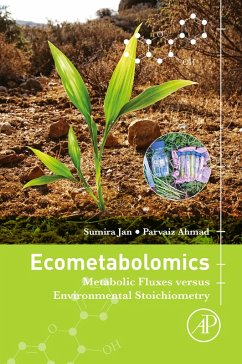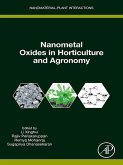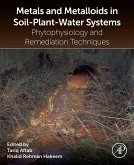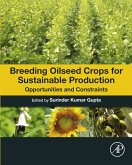Ecometabolomics: Metabolic Fluxes versus Environmental Stoichiometry focuses on the interaction between plants-particularly plants that have vigorous secondary metabolites-and the environment. The book offers a comprehensive overview of the responses of the metabolome of organisms to biotic and abiotic environmental changes. It includes an introduction to metabolomics, summaries of metabolomic techniques and applications, studies of stress in plants, and insights into challenges. This is a must-have reference for plant biologists, plant biochemists, plant ecologists and phytochemists researching the interface between plants and the environment using metabolomics.
- Provides an in-depth overview of the basics of the discipline, including non-targeted analysis and quantification of plant metabolites
- Outlines the applications of various analytical techniques in comprehending the total metabolome of the organism
- Covers both NMR and MS-based approaches
Dieser Download kann aus rechtlichen Gründen nur mit Rechnungsadresse in A, B, BG, CY, CZ, D, DK, EW, E, FIN, F, GR, HR, H, IRL, I, LT, L, LR, M, NL, PL, P, R, S, SLO, SK ausgeliefert werden.









